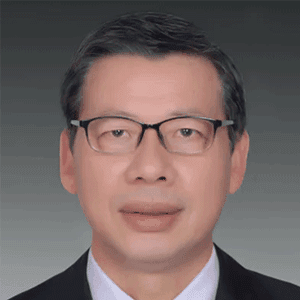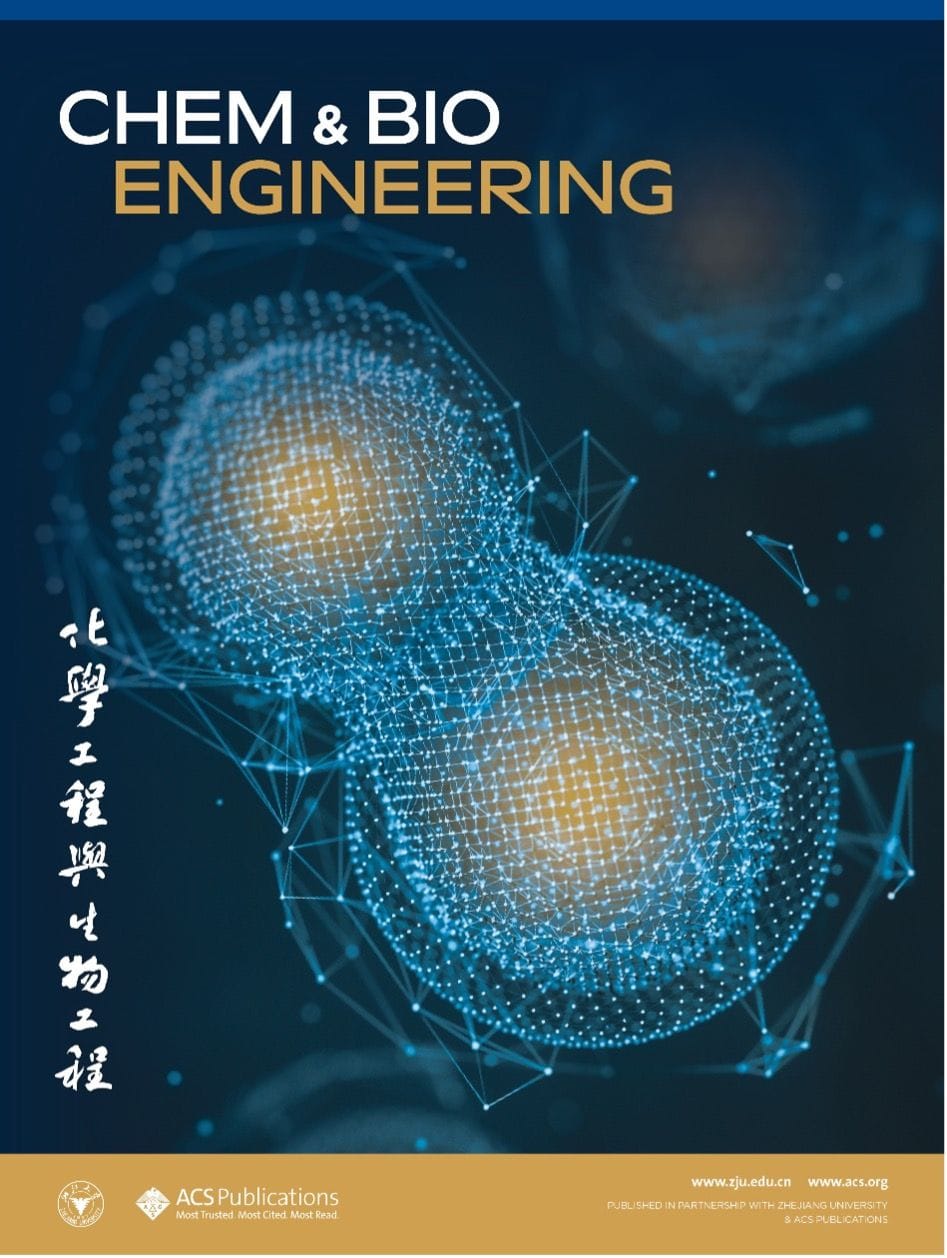Learn more about Prof. Ren, his research, and his vision for the journal's future.

ACS Publications is pleased to welcome Professor Qilong Ren, Ph.D., as the inaugural Editor-in-Chief of Chem & Bio Engineering, a new open-access partner journal between the American Chemical Society (ACS) and Zhejiang University, China.
Prof. Ren is a Qiushi-Distinguished Professor at Zhejiang University in China and an academician of the Chinese Academy of Engineering. He earned his B.Sc. degree and Ph.D. degree in Chemical Engineering from Zhejiang University. He has published more than 240 peer-reviewed papers, been awarded over 130 patents. His research efforts are concentrated on the development of molecular-recognition separation engineering, which has established a platform for the separation of bio-based feedstocks with highly complex components and many similar molecules.

We recently connected with Prof. Ren to learn more about him, his research, and his hopes for the future of Chem & Bio Engineering.
What does it mean to you to be the Editor-in-Chief of Chem & Bio Engineering?
Chemical and biological engineering is a dynamic field at the forefront of addressing pressing challenges in sectors such as manufacturing, energy, environmental protection, and healthcare. These challenges necessitate efficient and sustainable solutions, and this is where Chem & Bio Engineering aims to make its mark. We hope to establish this journal as a leading platform for chemical and biological engineers to disseminate and exchange ground-breaking research that addresses these complex issues. As the inaugural Editor-in-Chief, I am honored and excited to lead this new journal that sits strategically at the intersection of chemistry, biology, and engineering.
Why is Chem & Bio Engineering open access?
Open access provides the public with free access to research results, which fosters innovation, facilitates interdisciplinary collaboration, and accelerates scientific discovery. This is particularly important for solving the complex global challenges we face today. Chem & Bio Engineering adopts an open access publishing model because we believe that removing barriers to access will maximize the reach and impact of the important research published in the journal.
What is your vision for the journal over the coming years?
Chem & Bio Engineering is now accepting submissions. I am eager to receive and review submissions from authors worldwide for consideration in the journal's first issue, slated for early 2024. Looking ahead, I will actively promote the journal within scientific communities and at major conferences to attract submissions of cutting-edge research. Through esteemed editorial board members, rigorous standards, and an inclusive publishing environment, I want to make this journal highly desirable, yet selective, for top scientists from academia and industry.
Why should researchers working in the field consider submitting their next best manuscripts to Chem & Bio Engineering?
Chem & Bio Engineering is an open access journal dedicated to publishing innovative research papers in the realm of chemical and biological engineering. We are committed to upholding the same rigorous, fair, and efficient peer review process associated with other ACS journals. This ensures that the work we publish is of the highest quality and maintains the standards that the scientific community expects from ACS publications.
The open access model ensures a global readership, thereby augmenting the reach and impact of your work. To support our authors and promote open access, we will waive the Article Processing Charges (APCs) for the first year for all publications in Chem & Bio Engineering.
Chem & Bio Engineering is currently open for submissions. We look forward to receiving your valuable contributions and playing a part in sharing your innovative research with the global scientific community.
As Editor-in-Chief of Chem & Bio Engineering, what are you looking for in a paper?
I am particularly interested in manuscripts that present pioneering work in the field of chemical and biological engineering. This could include novel advances in engineering methodologies, the development of innovative materials or processes, or significant strides in key application areas such as energy, manufacturing, environmental stewardship, and healthcare.
What excites you about your current research?
My research focuses on chemical separation engineering. I am excited by the potential for profound impact and transformation. We are moving into new paradigms of high efficiency and selectivity in separation processes through the development of novel adsorbents and membranes. These advances not only refine our understanding of the fundamental principles of separation, but also pave the way for innovative applications in vital areas such as gas separation and water purification. The design and integration of these processes into existing systems is another facet that I find stimulating. As we work to optimize these processes, we are opening up new opportunities for energy efficiency and sustainability. The potential to significantly reduce the environmental footprint of industrial processes is a prospect that drives my research.
What element has been most central to your scientific career, and why?
Throughout my career, I've been driven by a deep curiosity and a desire to push the boundaries of knowledge in chemical engineering. This pursuit has led me to explore novel areas, such as advanced separation techniques using innovative adsorbents, and their critical applications in areas like gas separation and purification.
What advice would you give to young researchers in the field?
My advice to young scientists today would be to pursue your research with passion, conduct it with integrity, embrace your uniqueness, seek collaboration, and never stop learning. Remember that every challenge you encounter is an opportunity for growth and discovery.
